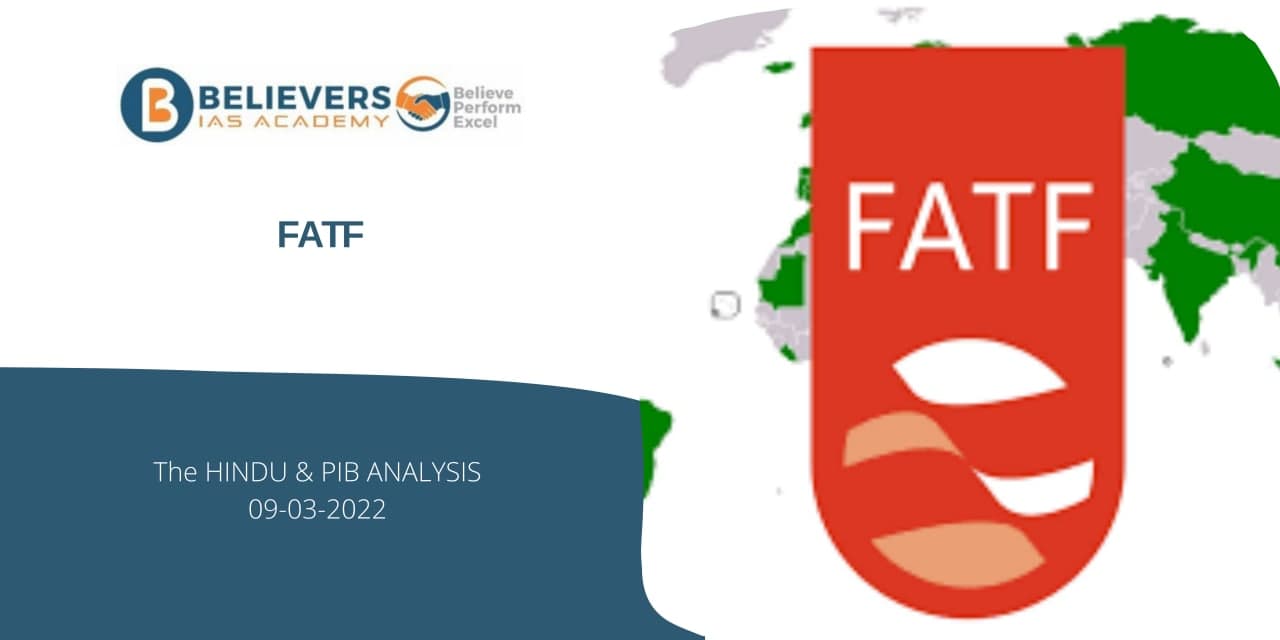Smart Gram Panchayat: Revolution towards Digitization of Gram Panchayat
Context:
Union Minister recently launched a pilot project ‘Smart Gram Panchayat: Revolution towards Digitization of Gram Panchayat’ to extend PM-WANI Service in Gram Panchayats of Bihar’s Begusarai District.
Relevance:
GS02 (Government Schemes and Policies)
Facts for prelims:
- Rashtriya Gram Swaraj Abhiyan (RGSA):
- It was launched in 2018 by the Ministry of Panchayati Raj and later revamped.
- It is a Centrally Sponsored Scheme.
- It is aimed at capacity building of elected representatives (ERs) of Panchayati Raj Institutions (PRIs) from 2022-23 to 2025-26, with the primary goal of enhancing the governance capabilities of Panchayats to achieve Sustainable Development Goals (SDGs) within their purview.
- Panchayati Raj Institution (PRI) is a system of rural local self-government in India.
- It was constitutionalized through the 73rd Constitutional Amendment Act, 1992 to build democracy at the grass roots levels.
- Rigveda mentions of Sabha, Samiti and Vidatha which is as similar as local self-units.
Smart Gram Panchayat:
- Aim: The pilot project titled ‘Smart Gram Panchayat : Revolution towards Digitization of Gram Panchayat’ was launched to extend PM-WANI (Prime Minister’s Wi-Fi Access Network Interface) Service in all Gram Panchayats across Begusarai District in Bihar.
- Begusarai became the first District in Bihar to equip all Gram Panchayats with Wi-Fi services under the PM-WANI Scheme.
- The funding of the scheme was under the Rashtriya Gram Swaraj Abhiyan (RGSA).
- The project targets 455 Gram Panchayats across 37 Blocks in Begusarai and Rohtas Districts in Bihar.
- The idea is to use technology to enhance access to online services in critical sectors that includes health, education, and skilling, improving the quality of life in rural areas.
- Beneficiaries: Students, farmers, artisans, and Women Self-Help Groups (SHGs).
- Objective: To narrow the gap between rural and urban areas, enhance accountability and efficiency in local self-governance, and empower communities through digital engagement.
PM-WANI:
- PM-WANI is initiated by the Department of Telecom (DoT) in December 2020.
- It advocates for the establishment of public WiFi hotspots to facilitate nationwide digital connectivity.
- It is aligned with the National Digital Communications Policy, 2018 (NDCP) and aims to fortify digital infrastructure in rural regions.
- PM-WANI Ecosystem:
- Public Data Office (PDO): These entities establish and manage PM-WANI Wi-Fi hotspots, offering last-mile broadband connectivity to users by procuring internet bandwidth.
- Public Data Office Aggregator (PDOA): PDOAs provide aggregation services like authorization and accounting to PDOs, enabling them to deliver services to end consumers.
- App Provider: These developers create apps for user registration, Wi-Fi hotspot discovery, and authentication to access PM-WANI compliant services.
- Central Registry: Maintained by the Centre for Development of Telematics (C-DoT), it contains details of App Providers, PDOAs, and PDOs.
- Benefits:
- PM-WANI is poised to enhance broadband availability and affordability in rural areas, stimulating entrepreneurship and digital inclusion. It complements BharatNet initiatives and offers a cost-effective alternative to internet access, especially compared to high-investment and subscription-heavy mobile technologies like 5G.




